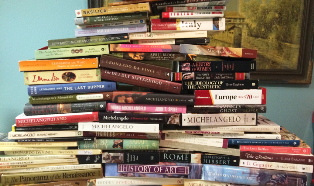The Positives of Negative Emotions
The Positive of Negative Emotions
…and how to use them for yourself and your characters.
Life is a study of emotions. We often cruise through our days, months and years, barely aware of what’s going on outside of ourselves, perhaps only peripherally aware of our neighbors, too aware of what the news offers, and oblivious to what goes on outside of our scope of interest. I put to you that being more aware of the emotional landscape in your world benefits you personally as well as your character writing — specifically, the negative emotions no one like to feel or discuss.
Authors love to delve into character backgrounds, researching history, culture, even underwear when it suits them (or they have a need to bare it all. Ahem). We will give characters seedy backgrounds, give them physical wounds, and even childhood issues, but few use the darker or more negative emotional wounds/issues to character benefit (unless creating villains). I believe this hurts our characters and handicaps us both as people and as storytellers.
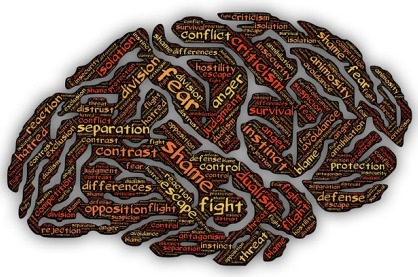
Let me give you a few examples of negative emotions and how each benefits you and your writing when viewed positively.
GUILT: We all know the dark side of guilt. We do or say something and suddenly we feel bad that we’ve caused harm, or tears. We didn’t mean to break the vase and feel guilty because we know we shouldn’t have been skating in the house. Mom is mad and we are guilty (and punished). So where is the gem here? Guilt proves that we have a conscience. Guilt is the other side of apathy. If we didn’t care, there is no guilt and that’s the true negative. Feeling guilty shows there is a moral compass that can be used over and over for a characters growth. Guilt for past deeds is fodder for actions in the future. Guilt is a foundation for relationships meant to be positive. Guilt is more than a one-and-done happening.

SHAME: We feel badly when we do something which hurts others when we could have prevented it. We feel badly when we see others mistreated or used by someone else. Shame comes because we have learned what is and isn’t acceptable in speech or behavior or belief. It proves – and here is the positive – that we have a moral compass. Someone you love tells a lie about someone else and you are ashamed of them. Your moral compass is pinging. It proves that you have learned that certain kinds of pain are wrong. The gift is that in feeling shame, you know how to find relief and pride. Shame can build character. Take a police officer who built a career on a past shame and is now incorruptible.

ANGER: Being mad is one of those emotions that can be both good and bad. You’ve heard of “justifiable homicide?” Murder when the person had it coming? But what about simpler anger. Anger that is so deep that it ruins relationships. Such anger can test our moral compass, re: homicide. Hot anger seems like the unforgiveable negative but au contraire! Let us not forget Shakespeare’s warning, “Revenge is a dish best served cold.” In other words, let cooler heads prevail and when you have calmed down enact a revenge that the other never saw coming. So what’s the positive of anger? Anger demonstrats what your personal limits are and pushes you to test your moral compass. You reach the edge of your abyss and either you fall in or you step back. For a character to discover that edge gives them a wonderful control of self. And a useful tool against others who seek to manipulate, too. Use anger carefully.

FEAR: We all know about “fight or flight” syndrome and how fear will motivate or paralyze. The negative part of fear is becoming insecure. Fear can still thrust a soldier into battle or paralyze them into being shot. Fear is deadly. The upside to fear is how it creates change. Overcoming fear can break inhibitions or create new ones. Coming to grips with fear also teaches a person to trust personal instincts. And good instincts are a character’s gem. Use fear to make positive change and memorable, useful, experiences.
GRIEF: If you’ve lost a childhood friend, a family pet, a relative or cried over a character in a book or a movie, you’ve known grief. The level of attachment defines the depth. And that depth is the positive aspect we need for greater characters. Without grieving, we are shallow, septic, apathetic and even anti-social. Grief is the obvious truth of caring. Grieving is change, development, growth for relationships, a mantra for change. The mother who lost four children due to miscarriages gives up having any children and stops having sex because of a fear of more losses. The grief has changed her entire outlook of sex, relationships, her abilities and her function in life. And suddenly an abandoned child is thrust into her life and she needs bone marrow….and we have a match. Now the moral fiber opens and so does a heart. Grief can make positive changes when carefully managed.

These are only a few examples of how we need to use the positive side of negative emotions. Using this method to peel away the sour, provides special depth to characters and makes them unforgettable and more like real people. We need to find positives in the negatives for ourselves too, and if we don’t know how, then begin with characters. You’ll find your way by learning through them, just as your readers will.
Happy Writing!
Don’t forget to join me for my next Facebook Live chat on May 26, 11 a.m. on my author page.
Want to be in the know before others? Sign up and receive my monthly newsletter for giveaways, first looks, sneak peeks and sales.
I remain, Yours Between the Lines,
Sherry



















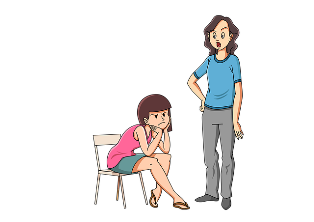
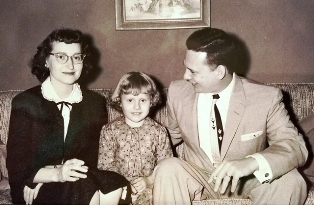


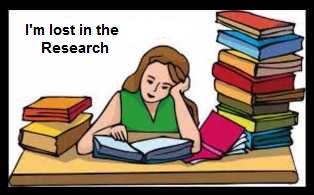

 There’s too much to learn and I just want to write. ~Chrystal, TN
There’s too much to learn and I just want to write. ~Chrystal, TN